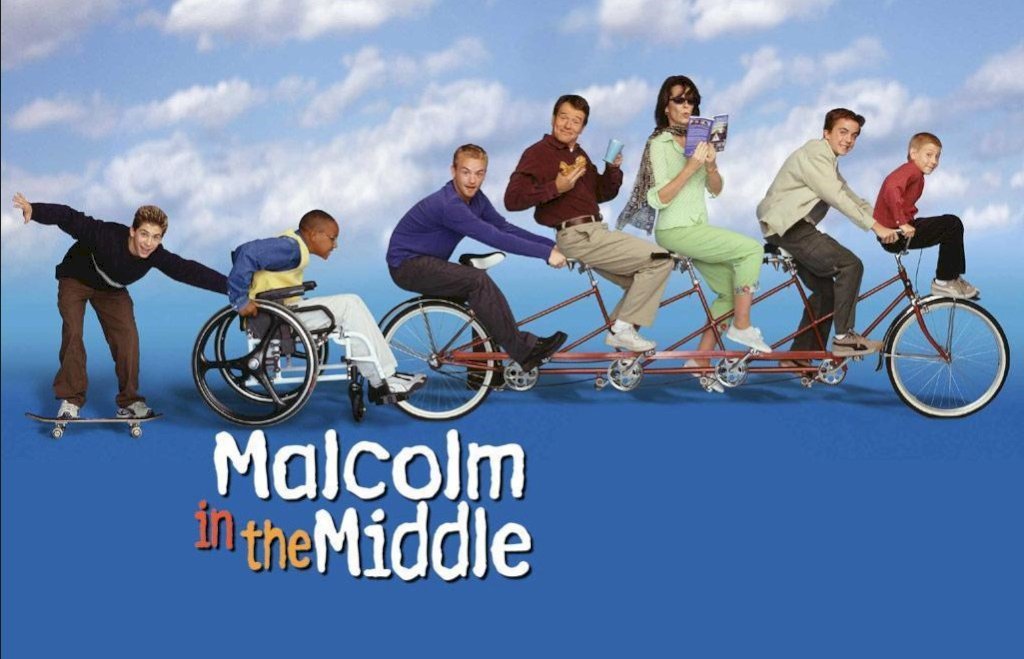In the annals of entertainment history, few names shine as brightly as Lucille Ball.
With her unparalleled wit, impeccable comedic timing, and groundbreaking contributions to television, Ball remains an enduring symbol of laughter and inspiration. The life and career of the legendary actress, celebrating her immense impact on the world of comedy and the entertainment industry as a whole.
Early Life and Aspiring Actress:
Born on August 6, 1911, in Jamestown, New York, Lucille Désirée Ball had a tumultuous childhood. Her father's untimely death when she was just four, coupled with her mother's struggles to support the family, shaped Ball's early years.
Despite these challenges, her passion for the performing arts started to blossom during her time at the John Murray Anderson School for the Dramatic Arts in New York City. Her natural talent and vivacious energy were evident even at this early stage.
Hollywood Breakthrough and the Road to Stardom:
Ball's big break came in 1933 when she starred in the Broadway production of "Roman Scandals." Her success on the stage led to a film contract with RKO Pictures, where she appeared in a string of films during the 1930s and 1940s.
However, it wasn't until her role in "Stage Door" (1937) that her comedic prowess started to receive widespread recognition.
Despite her evident talent, Ball struggled to find her footing in Hollywood. Studios often typecast her as a "dumb blonde" character, which did not showcase her full range of abilities.
Frustrated by the lack of opportunities, she temporarily shifted her focus to radio, where she co-starred with actor Desi Arnaz in the popular show "My Favorite Husband."
The I Love Lucy Phenomenon:
The turning point in Lucille Ball's career came with the creation of "I Love Lucy." The show premiered on October 15, 1951, and was an instant hit with audiences, making Ball a household name. "I Love Lucy" broke the mold of traditional sitcoms and introduced many innovations still used in television today.
At the core of the show's success was Ball's impeccable comedic timing and her unmatched ability to deliver physical comedy. Her on-screen chemistry with her real-life husband, Desi Arnaz, who played Ricky Ricardo, added an authentic charm to the show. "I Love Lucy" pioneered the use of a live studio audience, multiple cameras, and the concept of reruns, revolutionizing the television industry.
Moreover, the show's influence extended beyond entertainment. Ball's character, Lucy Ricardo, became a symbol of the evolving American woman—ambitious, resourceful, and unafraid to challenge societal norms. This portrayal was groundbreaking during the conservative 1950s, inspiring women across the country.
Desilu Productions: A Woman at the Helm:
In 1957, Ball and Arnaz formed Desilu Productions, an independent production company that went on to create several successful TV shows, including "The Lucy Show," "The Untouchables," and "Star Trek."
Lucille Ball's role as a powerful female executive in a male-dominated industry was unprecedented. She broke barriers and proved that women could thrive as decision-makers in Hollywood.
Throughout her career, Ball was known for her strong work ethic, determination, and hands-on approach to business. She actively involved herself in all aspects of production, from casting to editing, and paved the way for future generations of female producers and executives.
The Lucille Ball Show and Legacy:
Following the end of "I Love Lucy" in 1957, Ball continued her success with "The Lucy Show" (1962-1968) and "Here's Lucy" (1968-1974). While these shows were not as groundbreaking as their predecessor, they reaffirmed Ball's status as a beloved comedic icon.
Lucille Ball's trailblazing achievements earned her numerous accolades, including four Emmys and the prestigious Presidential Medal of Freedom in 1989. Her impact on the entertainment industry has left an indelible mark that continues to resonate with audiences today. As a testament to her enduring legacy, Ball's image is often associated with laughter, joy, and the timeless art of comedy.
Personal Life and Philanthropy:
Despite her professional success, Ball faced various personal challenges. Her marriage to Desi Arnaz ended in 1960, and she later married comedian Gary Morton. Ball's life was marked by her passion for helping others, and she engaged in philanthropic endeavors, supporting charities focused on arts, education, and children's welfare.
In the world of entertainment, Lucille Ball stands as an incomparable force, whose influence continues to shine brightly. From her humble beginnings in Jamestown, New York, to becoming the "Queen of Comedy" and a pioneering executive in Hollywood, Ball's journey was one of perseverance, creativity, and innovation.
Her indomitable spirit, timeless humor, and groundbreaking contributions to television have left an indelible mark on the entertainment industry. Lucille Ball's legacy lives on through the laughter she brought to millions, the barriers she shattered for women in Hollywood, and the enduring inspiration she provides to aspiring entertainers and trailblazers alike.
